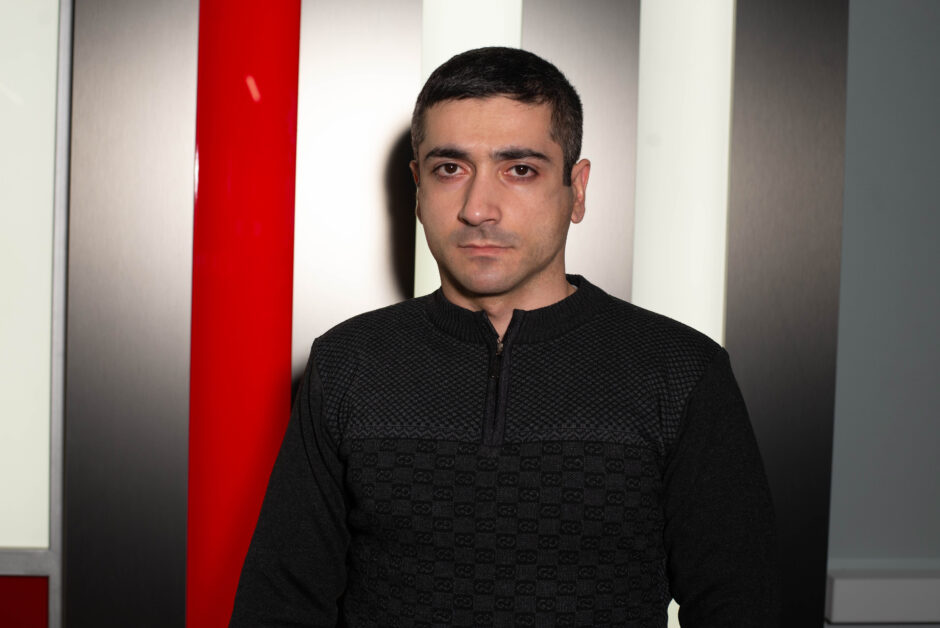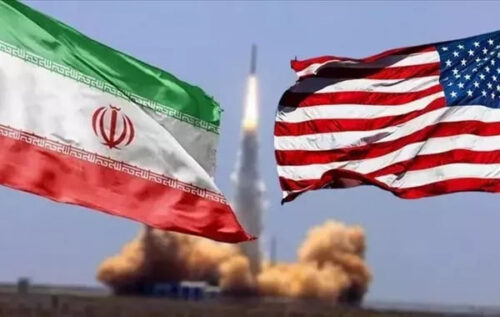
Historical Armenia vs. “real” Armenia: The paradox between Pashinya’s statements
During his latest speech in the National Assembly, Nikol Pashinyan once again stood out with his weird and controversial statements. In particular, the head of the government said that his administration and he personally have come to the conclusion that historical Armenia and real Armenia are not only not compatible, but also often at odds with each other, and they even present serious threats to each other.
It should be noted that Pashinyan expressed such controversial thoughts in the past as well. For example, in an interview with the Public Radio of Armenia, he said that there are contradictions between the concepts of national interest and state interest, as well as those of nation and people, due to language thinking. Strangely enough, the person occupying the prime minister’s seat sees contradictions where they do not exist and could not exist. If, by saying national interests, politicians of other countries understand state interests and vice versa, and for them, the nation is the same as the people, then in Pashinyan’s alternate reality, national interests are at odds with state interests and prevent the prosperity of the state. And the interests of the “ill-fated” Armenian nation oppose the interests of some mythical, constitutional nation. And, now, in Pashinyan’s paradoxical world, historical Armenia is not only not compatible with real Armenia, but also at odds with it.
A simple analysis of these statements shows that they are not a mere pile of words uttered as an end in itself, but a policy having a clear purpose. For example, why does Pashinyan see contradictions between national interests and the people’s interests, giving preference to the people’s interests? After all, Armenia is an ethnically homogeneous country, and there are no real gaps between the concepts of nation and people here. Even in multiethnic countries, where the concepts of nation and people are not identical, no leader has so far tried to create contradictions between these words, as thereby they will pose threats to their statehood. The answer is very simple. The concept of nation is more concise and implies ethnicity, while people is a broader and more comprehensive term. Thus, the Azerbaijanis, who used to live in Armenia during the Soviet period, and whose return and coexistence with Armenians were not excluded by Alen Simonyan, can be included in the concept of the people. The concept of a nation would not be beneficial only in this case, because the Azerbaijanis who “would return under the compulsion of the peace era” would not fit into the concept of the Armenian nation; but they can easily be considered part of the people, because, as we have already said, the concept of people is wider and more comprehensive. Besides, Aliyev, the “educated and constructive” partner of the Armenian prime minister, does not like the fact that Armenia is the only country in the region with an ethnically homogeneous population either. And therefore, in order for Pashinyan and his “educated and constructive” partner to build eras and crossroads of peace—hand in hand—Armenia will have to have a diverse population, preferably one without a national identity, instead of a nation and clear national interests. Some may counter that, by saying people, Pashinyan tried to include national minorities within the concept. However, a reasonable question arises here as well: What contradictions arise between national, state and people’s interests? The national minorities living in Armenia have peacefully coexisted with the Armenian people for centuries, and this fact alone proves that the interests of ethnic minorities have never been threatened here, and have been fairly identical with the interests of the Armenian nation. Similarly, Pashinyan contrasts historical Armenia with the so-called “real” Armenia. While in fact, there is no real Armenia without historical Armenia, because our history is the politics of our past and the life experience of our ancestors. If it is not for that experience, the Armenian nation will not know who they are; they will not be able to learn from their past and move forward. There is no country in the world where leaders consider their past to be a threat to the existence of their present statehood, because even in underdeveloped countries, they know very well that history is one of the pillars of the identity of the nation and, why not, of the people, and if they erase that, they will also erase an important part of that nation’s identity. And with that, the existence of national originality, cultural and religious features, and other important pillars of identity will become a matter of time, which is what Pashinyan strives for. Some may think that when Pashinyan said that “historical Armenia is at odds with real Armenia”, he perhaps meant that we are not able to draw lessons from our history. But if we fail to draw lessons, perhaps we should better learn our history or adopt a new approach to it instead of saying that historical Armenia is a guarantee that we will not have the ability to live in our environment without external help. Moreover, this was another very manipulative statement that Pashinyan made. This is inconsistent with the current world trends, as now, many developed and successful countries are trying to join various power centers so that, if need be, they can get that external help. Sweden and Finland, which recently joined NATO, come to prove this point of view.
Pashinyan also believes that historical Armenia is so bad a phenomenon that it ensures our enmity with a group of countries, and that it is precisely because of the historicity of Armenia that these countries have a reason and explanation for an aggressive policy toward Armenia. Here a question arises as to what countries Pashinyan means. Turkey and Azerbaijan are the only countries that, together with Pashinyan, fight against Armenian history. And the goals of these countries have long been known: to eliminate Armenian identity so that the Armenian nation will assimilate more easily in the future, and will disappear as an obstacle in the path of Turan.
Thus, the person occupying the prime minister’s seat in Armenia wants to say that state interests suggest raising our hands in surrender, forgetting our national identity and history, and doing as our enemies please. While, in fact, this is the path to state destruction by our own hand. And to avoid this, we just need to do the direct opposite of what Pashinyan says: to zealously preserve our national identity, learn our history well, and never satisfy the enemy’s appetite.
Ashot Barekyan


